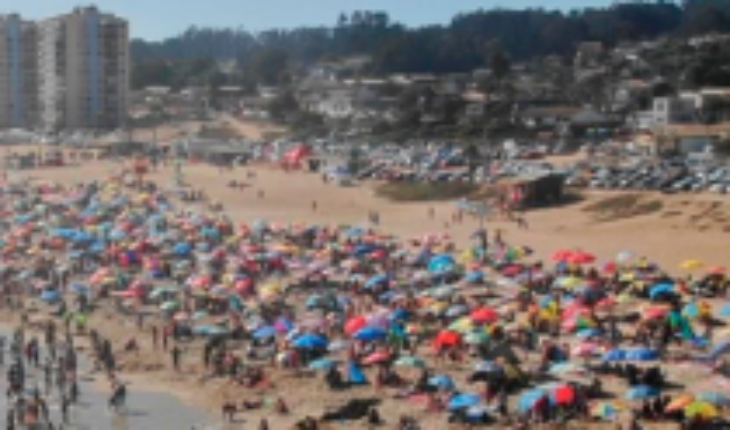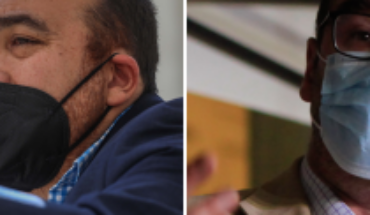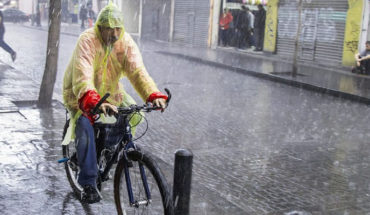Summer begins to end and for tourism it is a period of balance sheets. And beyond the fact that the figures show a recovery compared to last high season, the sector is far from reaching pre-pandemic levels, according to the unions.
Regarding the reactivation of the industry, it will not happen until receptive tourism recovers, they propose from the Federation of Tourism Companies of Chile (Fedetur) and its associated guilds, Hoteliers of Chile, Achiga and Achet. Situation that in the sector attribute to the obstacles and restrictions that keep the arrival of international visitors to the country slowed down.
The problem, they say from Fedetur, is that without receptive tourism it is not possible to reactivate the sector, which in turn prevents the creation of the 113,000 jobs that still need to be recovered from all those that were lost during the pandemic.
“We must understand that tourism is an activity composed of different services that are chained together, where international visitors are fundamental, because when they come to Chile, they usually use a large part of that chain of services, from air and land transport, tourist accommodation, gastronomy, guides, to name a few. Therefore, if this subsector is not working, it causes a significant brake on the entire industry, and hence our urgency to reactivate,” says Ricardo Margulis, president of Fedetur.
And the only way for inbound tourism to stand up, points out the union representative, is for the authorities to eliminate the obstacles that today make the process to come to Chile cumbersome and tedious.
“One of the main ones is the homologation of vaccines that is required to enter the country, and that on repeated occasions we have asked to be eliminated, since we are the only country in the world that requests it. Another requirement that hinders the process is the PCR exam that is requested on arrival, and that can perfectly be replaced by the same test, which is done 24 or 48 hours before embarking to Chile, which would greatly reduce the waiting times of passengers at Santiago Airport, which can currently take up to more than three hours to carry out customs and sanitary procedures. And as a third point, there is the total opening of land border crossings, since currently only some that operate at limited times are enabled. All this has led us to a huge loss of competitiveness compared to countries that have more expeditious entry processes,” says Margulis.
In this context, the tourism sector is asking the authorities to put an end to the limitations that currently, according to them, prevent the recovery of the tourism industry. That is, to end with the restrictive approach, which includes, leaving behind the Step by Step Plan and its capacity restrictions.
The union representative adds “that the health reality of the country is today infinitely better with respect to the beginning of the pandemic, considering what has been learned during the process, the amount of population vaccinated with two, three and up to four doses, and because we have very rigorous protocols that allow us to begin to address the management of the pandemic from a preventive and non-restrictive perspective, and that at the same time it is oriented to the recovery of the economy and the different productive sectors”.
Finally, they affirm that there are thousands of SMEs and workers in the sector that, currently, are dependent on this change of approach and receptive tourism. “Both we, and our associated unions have clearly expressed to the current authorities and those who will assume, how essential it is to move towards a new stage in the management of the pandemic,” concluded Ricardo Margulis.
Tourism Guild: “Without inbound tourism it is not possible to reactivate the sector and prevents the creation of the 113,000 jobs that still need to be recovered”
March 4, 2022 |





